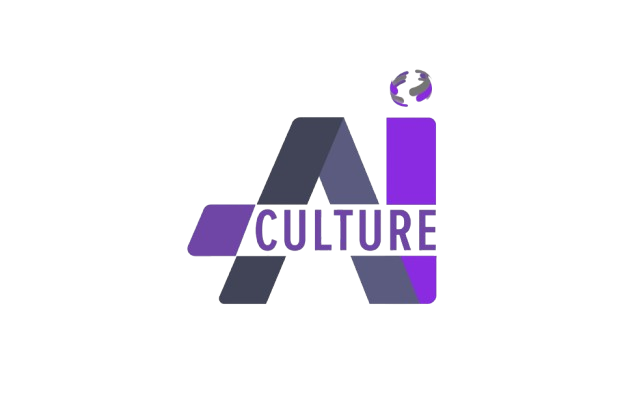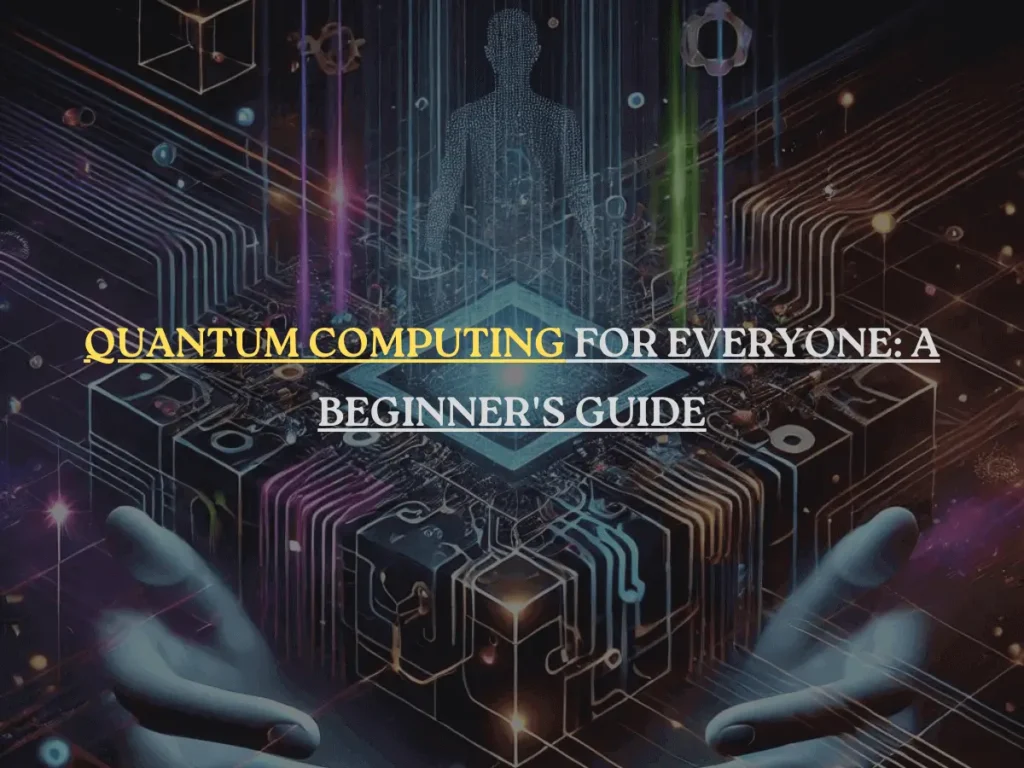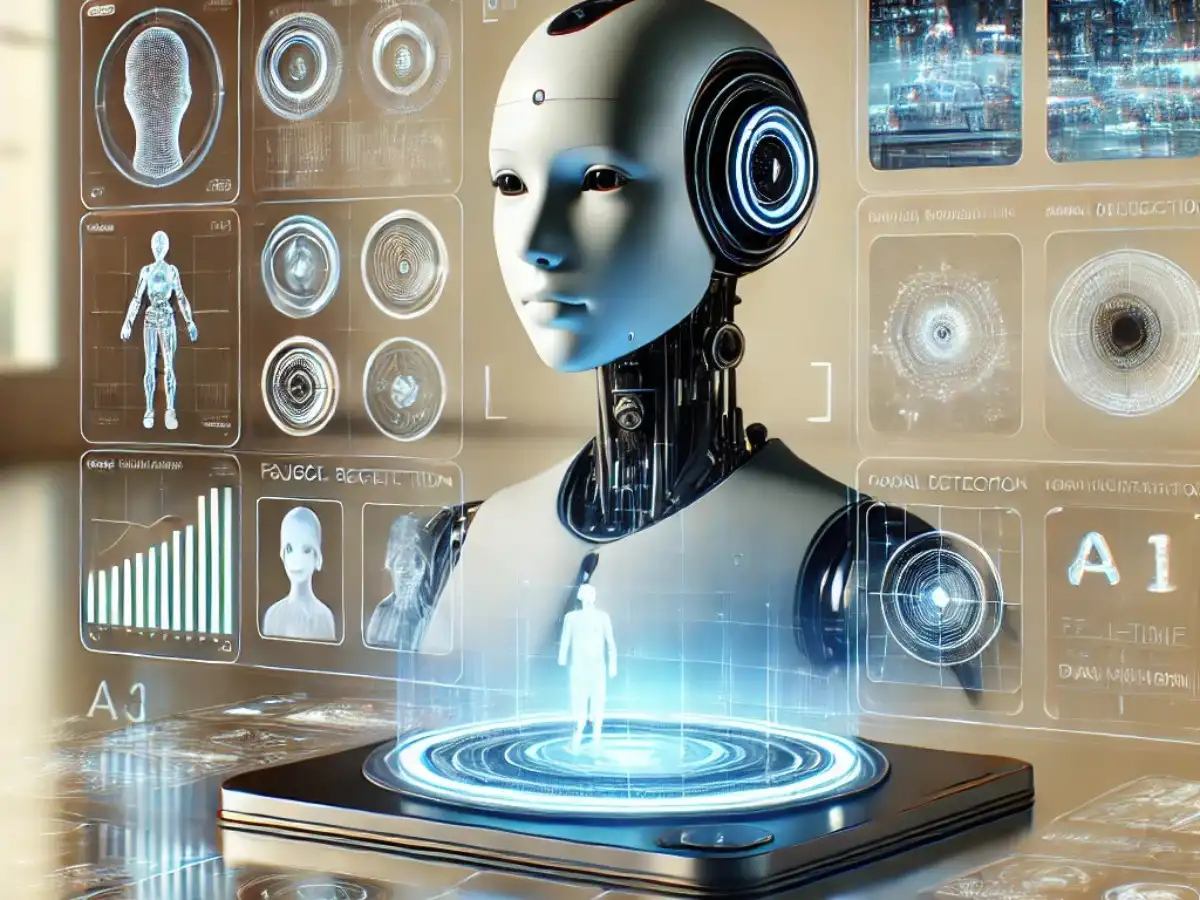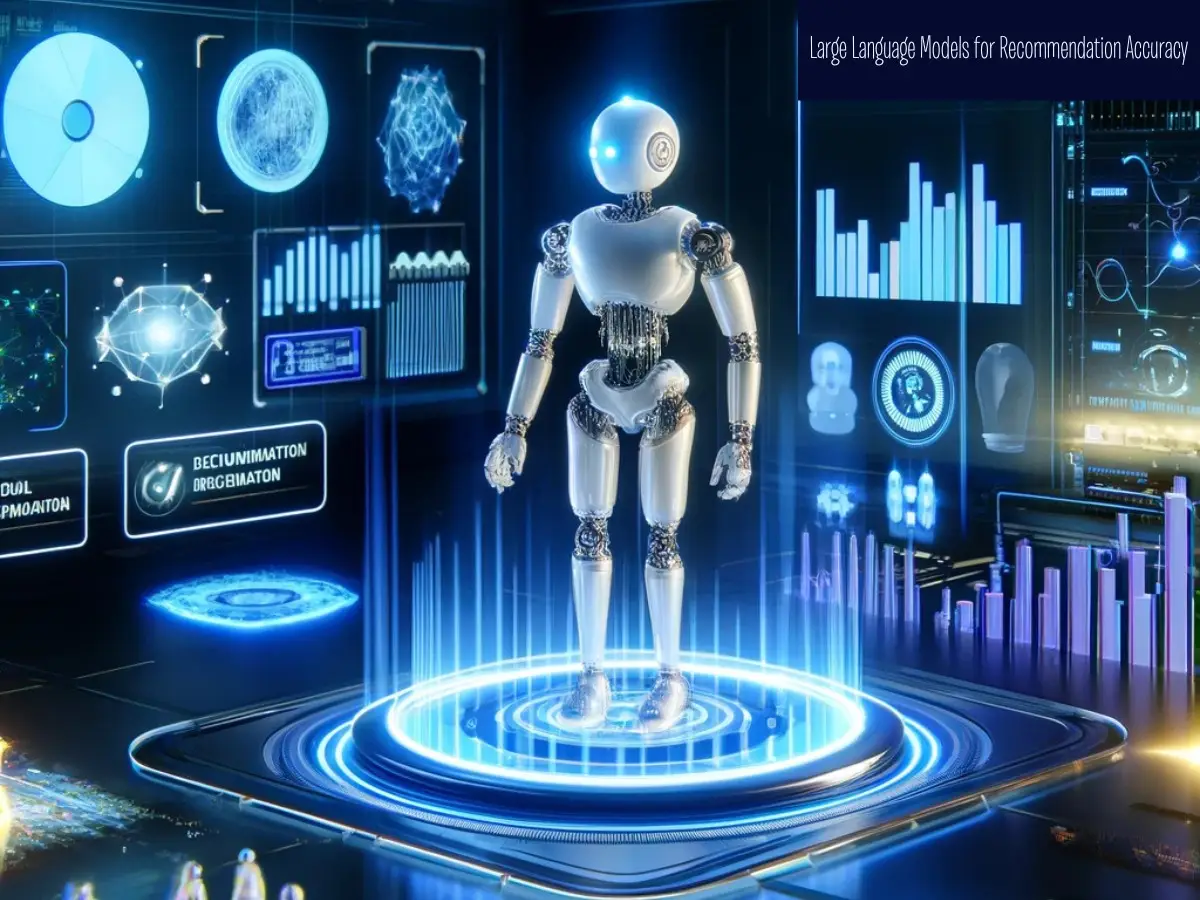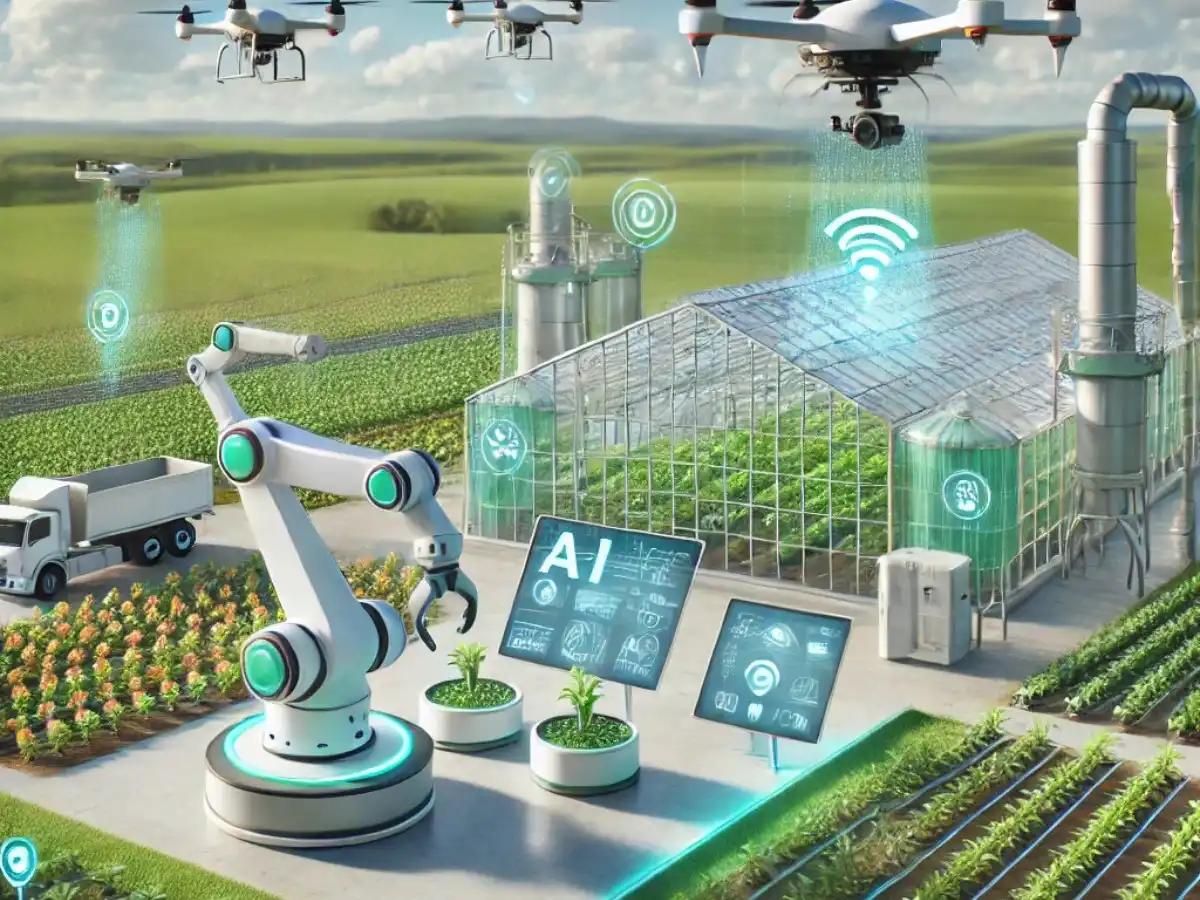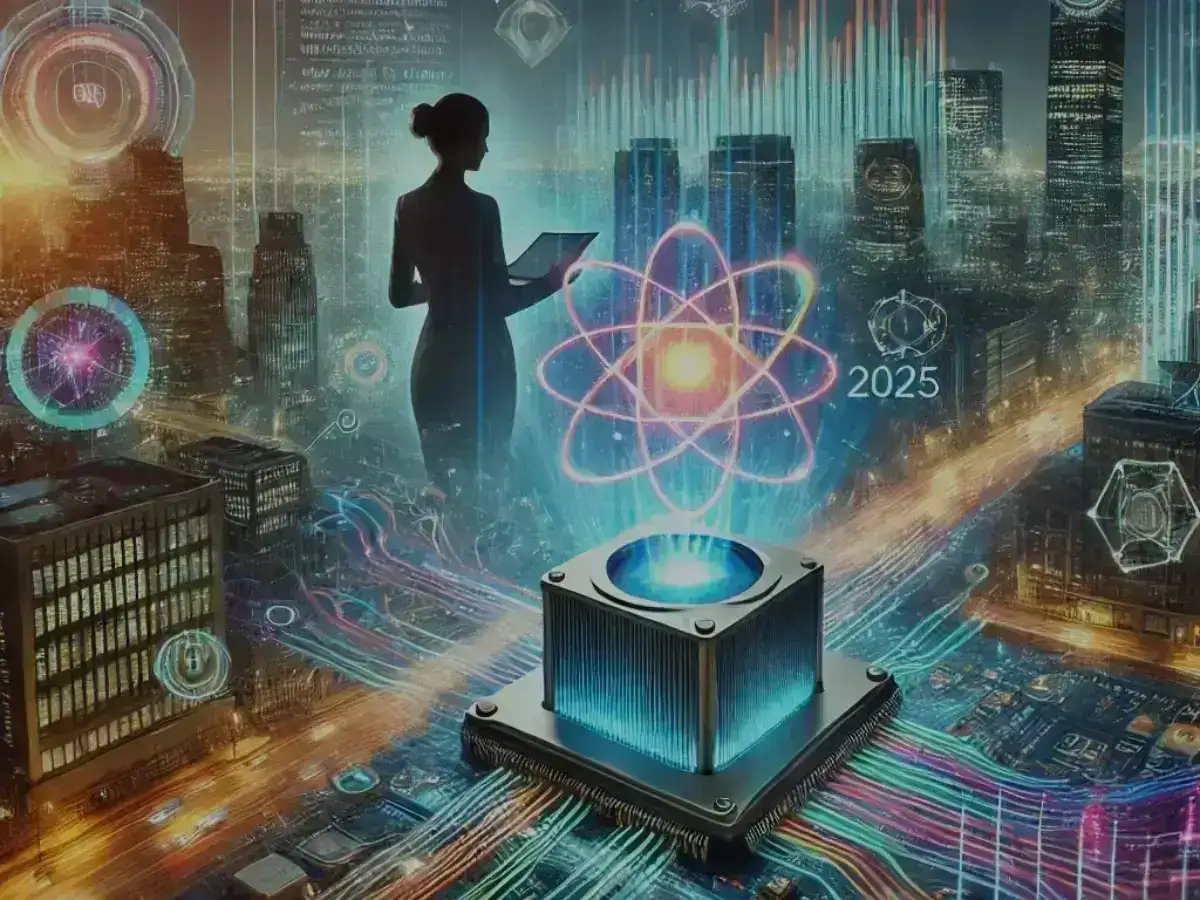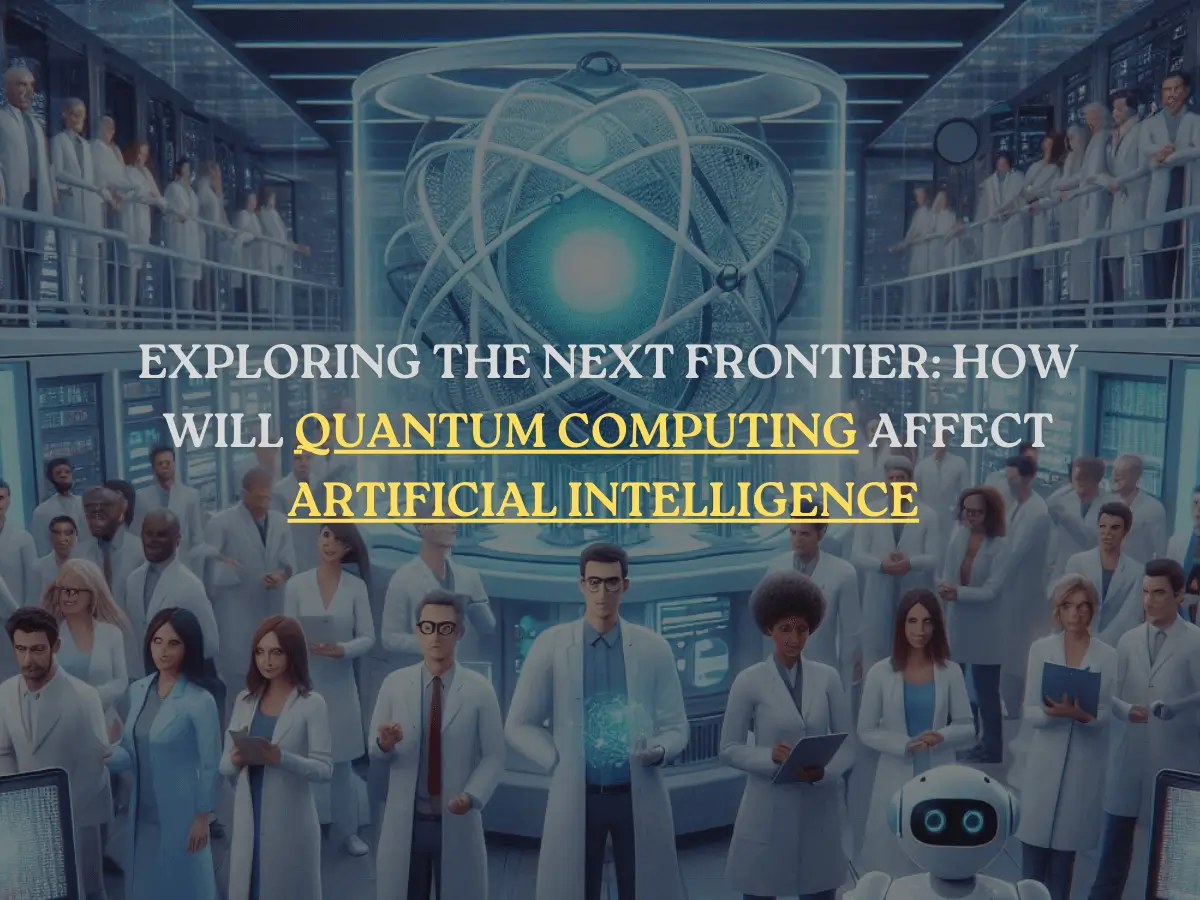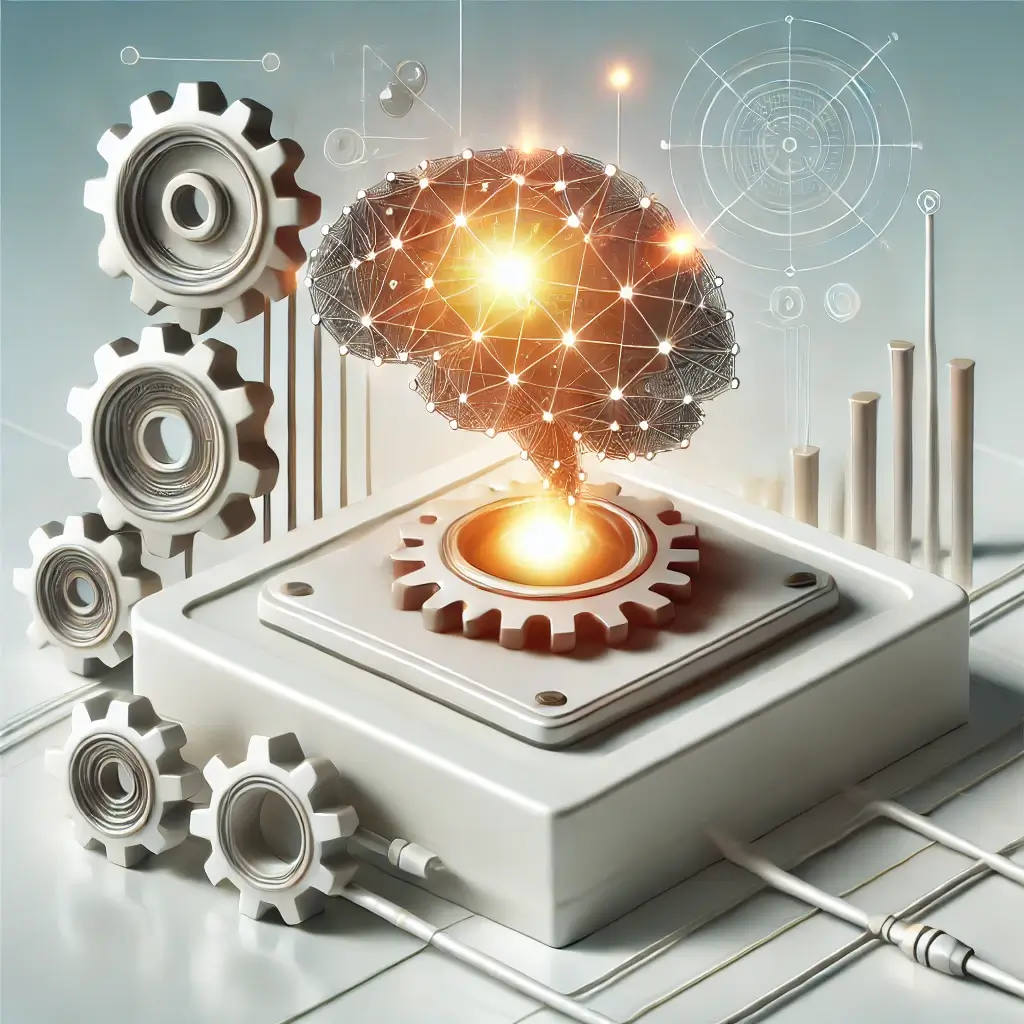Conceptualize a society in which everybody is harnessing the potential of quantum computing technologies. Though avowedly hospitable, quantum computing is still a daunting task for numerous people and is not viable.
Nevertheless, it is possible to realize such a unique technology as applied quantum computing for everyone. This enables to make a profound and important positive transformation in nearly any field.
Overview of Quantum Computing
Processing information is completely redefined with the advent of quantum computing.
Rather than using bits to record any piece of information in binary “0s and 1s“, superbeings of computing quantum who are known as quantum computers make use of qubits. Qubits can exist in several different arrangements at Christmas because of the superposition phenomenon. It gives room to come up with solutions to more advanced challenges faster and in a more effective way than what is achievable with the use of normal computers.
Moreover, the laws of entanglement state that qubits that are connected by entanglement will interrelate unquestioningly regardless of the distance. This important feature further expands the capability of quantum computers, making it possible to achieve previously impossible things with regard to encryption, optimization and materials science.
Learning quantum computing is an exhilarating experience that unlocks key concepts of this vast area, along with it the possibility of opening new opportunities for development. If we choose to implement this revolutionary technology, everyone will be able to actively participate in the construction of a brave new world, finding solutions to some of the world’s most challenging problems, and driving forward the frontier of human knowledge.
Quantum Computing for Everyone: Getting Started
Quantum computing, a niche subject in the past, is now more and more accepted and disseminated to the mainstream by initiatives like quantum computing for everyone.
The knowledge which is working as a foundation of the programmers, that is the quantum computer is the basic concept as well as the notions of quantum mechanics. Having a grasp of fundamental ideas like qubits, superposition and entanglement makes for a better understanding. These are the building blocks that allow this technology to brought into its full promise.
It is a good idea to try looking up some online courses or beginner guides as a first step. There are several academic institutions as well as platforms that provide free resources suited for different levels ensuring that there is a level for all.
After that, it is possible to take part in communities, webinars and workshops to increase interest and knowledge on the subject. Working in a group is beneficial as it improves the learning experience and understanding of quantum computing concepts as well.
The Basics of Quantum Mechanics
The fundamental building block of quantum computers is quantum mechanics since it explains principles that control the behavior of quantum systems and how they interact with one another. This area of physics seeks to understand the behavior of particles in the microscopic domain that is often confusing.
It violates the classical physics definition of particles.
The idea of superposition, which is vital in quantum mechanics, is the ability of a particle to occupy various locations at the same time. This happens to be the thing that derives the best powers of quantum computation technology which is a gain to the technological world.
Another major tenet, entanglement, accounts for the capacity of particles to impact one another at a distance without the two physically getting closer. Such elementary principles of quantum mechanics are the constructs on which we can invent supersized quantum computers capable of performing lots of tasks that were deemed impossible in the past, by magnitudes of order improvements in computing capability. Therefore ready, we are ready to take on the multitude of potentials that quantum computing for everyone has to offer.
Quantum bits (qubits)
Information units, also referred to as quantum bits or qubits are the main components of quantum computers and represent an outstanding advancement from the binary system hence a great change in computer technology. Information stored in classical bits are limited to two states that are on and off while qubits utilize superposition.
Superposition allows qubits to exist in multiple states simultaneously, exponentially increasing computational possibilities and efficiencies. Additionally, qubits can harness the power of entanglement, facilitating instantaneously connected states.
These qualities make qubits extraordinarily powerful and pivotal in driving the unparalleled potential of quantum computing, presenting unprecedented capabilities.
Indeed, the advent of qubits signifies a new era for computing technology. Embracing quantum computing for everyone will undoubtedly revolutionize numerous fields, offering groundbreaking solutions.
Superposition and Entanglement
Superposition and entanglement stand as the twin pillars of quantum computing.
Kirchhoff holds that all electrically conductive media carry currents. The superposition of electrical currents apposition, mathematically, might usually solve the problems easily. It gives breath to a quantum computer in such a way that it is able to handle a rather large set of alternatives all at the same time, thus making complex computations quicker. The sentence brings out the clearness on how and the reasons why the combination of superpositions is so vital in quantum computing.
Quantum states can become so embedded in each other that it is impossible to treat them independently. When qubits become entangled through quantum entanglement, one qubit affects another qubit, and very often this is done asymmetrically regardless of the distance that separates them. This removal of the barriers holds great promise for the advancement of new and far more reconcilable approaches to both communication and military strategy.
And it is these phenomena in unison which illustrate the world’s perception changing quite dramatically since quantum computing have arrived. Suffice it to say, superposition and entanglement are beyond the capabilities of just new heights in compute power. They also signal radical changes in prospects for various domains of economic activity. The horizon remains a mark of graceful design with a quantum computer for every home and a thousand ways for innovators to harness the new technology.
Quantum Gates and Circuits
As it is, quantum gates and quantum circuits are very important tools.
These core building components are the essence of any quantum computer. Attendant to the aspect to manipulate information within classical computers where logic gates are used to work on bits then, in quantum computers. Quantum gates are employed to act on qubits by usage of principles of superposition and entanglement.
There are gates in quantum processors and each gate performs one single operation.
In fact, using matrices, these operations can expressed in mathematical terms. This way, they will provide the accurate control of the qubit states.
Circuits are composed of several gates and this allows the construction of extremely intricate quantum algorithms far superior to those achievable on classical computers by combining these basic building blocks in circuits.
This effort to control quantum gates and circuits brings out the potential of the quantum computation in its full capacity. By making use of these important and most basic elements, we evoke endless direction for exploring knowledge, creating technology and increasing the level of social welfare and all that brings us one move closer to a future full of quantum computing to all.
Real-World Applications of Quantum Computing
As we stand on the precipice of technological evolution, quantum computing heralds an era of unparalleled possibilities for everyone, and its real-world applications are already beginning to unfold.
Let us take an example of quantum cryptography which is based on the principles of quantum‐mechanical processes, which has assured almost unbreakable encryption.
Additionally, the strength of quantum computers lies in optimization problems, and thus it is possible to make major improvements on such industries like logistics or the management of supply chains since productivity and efficiency gain would be extremely high in such cases.
Across life sciences, quantum simulations support the process of drug creation due to the ability to simulate complex molecules which enables the fast creation of curing drugs. The predictive capabilities of the quantum algorithms available in the financial markets tempers the trading pattern and meaningful investment portfolios, a strong vehicle for economic advancement. Overall, the equipotential of quantum computing for everyone allows the emergence of horizons free of engineering.
How Quantum Computing Differs from Classical Computing
What is the magic that differentiates quantum computers from common computing systems in an era where almost every system’s functionality is dependent on the information age?
It is worth nothing that the search and effective use of classical computers done many centuries ago and they utilized the simplest unit of operation as a binary digit [or more commonly known as bits]. Bits are information units that exist in two possible states and these states are 0 & 1.
On the other hand, the computers that are based on quantum mechanics use quantum bits which are called qubits. Qubits are so special in nature since they can be more than just a state of either 0 or 1 as in classical systems where the bits can only represent one state at a time.
This characteristic permits the usage of quantum computers in a manner, whereby certain potential difficulties quickly addressed than the known methods, thus enhancing the speed of developments in specified area of classical confinements.
While classical computing remains foundational, the advent of quantum technology promises a revolutionary leap in processing power and problem-solving potential.
Common Misconceptions About Quantum Computing
Quantum computing leaves a lot of people bewildered.
One common misconception is that everyone believes that quantum computers are the total replacement of the classical computers. In contrast, such computers can be very effective for solving quite a narrow range of challenges, and there are such challenges as codebreaking, teleportation of information, modeling of complex molecular structures, but don’t expect them to help you open up Excel spreadsheets. Rather, they will enhance the performance of classical ones, enabling the handling of a wider range of problems.
Quantum computing means that everything gets resolve in no time.
Albeit, all that quick solution can only rendered to very specific problems and only when there are some good algorithms and frugal computational steps.
The most naïve prudence is the belief that the quantum computing is an innovation which is still very far into future. In fact, existing quantum processors may found in operation in various laboratories and industrial companies. These developing technologies imply that very soon instead of mere-toned theoretical assumptions quantum computing practically will used, impacting such industries as medicine, finance and neural networks.
Current Challenges in Quantum Computing
Quantum computing, while immensely promising, faces a myriad of formidable challenges that must overcome to reach its full potential.
The primary technical hurdle is maintaining qubit stability.
Qubits are highly susceptible to external environmental interference, leading to errors.
This phenomenon, known as decoherence, demands intricate error correction techniques.
Additionally, developing scalable quantum algorithms remains a mesmerising yet daunting task, prompting continuous research and innovation.
Finally, there is the overarching challenge of integrating quantum systems with classical computing frameworks. Addressing these issues, with passion and perseverance, will steer society into the quantum future.
Future Prospects of Quantum Computing
The transformation that quantum computing can achieve is profound. Therefore, as additional efforts made to achieve deeper insights into qubits. Such complex computation resources have never realized before tapped into. This booming area will help redefine sectors by allowing progress to made in pharmaceuticals, cryptography, material science, artificial intelligence and others. In the end, the impact of such novel technologies will not confined within a circle. Infact, they will spread all over the world.
Not surprisingly, however, the picture with the possibilities of quantum computing is still very broad.
Shifting the focus of investment towards the education and awareness of the general public will help greatly in avoiding a situation where the majority of people do not even know what career opportunities they exist. It will also pave the way for people not alien to this advanced technology.
If quantum computing is actively pursues by the institutions in the world today, it can help humanity to make some of the technological advances that have never achieved before. Therefore, it creates a basis for a clearer and more productive society. Approaching the situation lets nearly everyone agree as to the possibilities in the space. Contributors to the effort will clearly change the environment, there is no doubt about that.
Resources for Learning More About Quantum Computing
Be it a scholar, an interested party or working in a professional capacity, the desire to understand quantum computing for all persists in every corner of the places and available resources.
Coursera and edX are several such platforms that provide quite extensive coursework to self administered in a manner appropriate to the student, in relationship to the schedule offered by several prestigious universities. A case in point is also Stanford university that offers free materials which learners can study b y themselves. These intermediaries make sure that there is a systematic approach for tackling complex concepts.
In addition, more active means involve becoming members of several communities or joining some forums. For instance, stand-alone problems can solved if members operate in forums like reddit and stack exchange, where they discuss and solve issues collectively.
Lastly, books and journals are very important for those who are more serious about getting in-depth knowledge. For instance, books like “Quantum Computation and Quantum Information” by Nielsen and Chuang are very useful as they cover a lot of ground. Also, journals like Nature Quantum Information can keep you updated with the latest advancements in the field.
Conclusion
Quantum computing is a revolutionary technology that uses qubits instead of binary bits to redefine information processing. Qubits can exist in multiple arrangements due to the superposition phenomenon. This allow for faster and more effective solutions to advanced challenges.
Quantum mechanics is the fundamental building block of quantum computers, describing the behavior of quantum systems and their interactions. Quantum gates and circuits are crucial components of quantum computers, allowing for the construction of intricate quantum algorithms.
Addressing challenges such as maintaining qubit stability, developing scalable quantum algorithms, and integrating quantum systems with classical computing frameworks will guide society into the quantum future.
